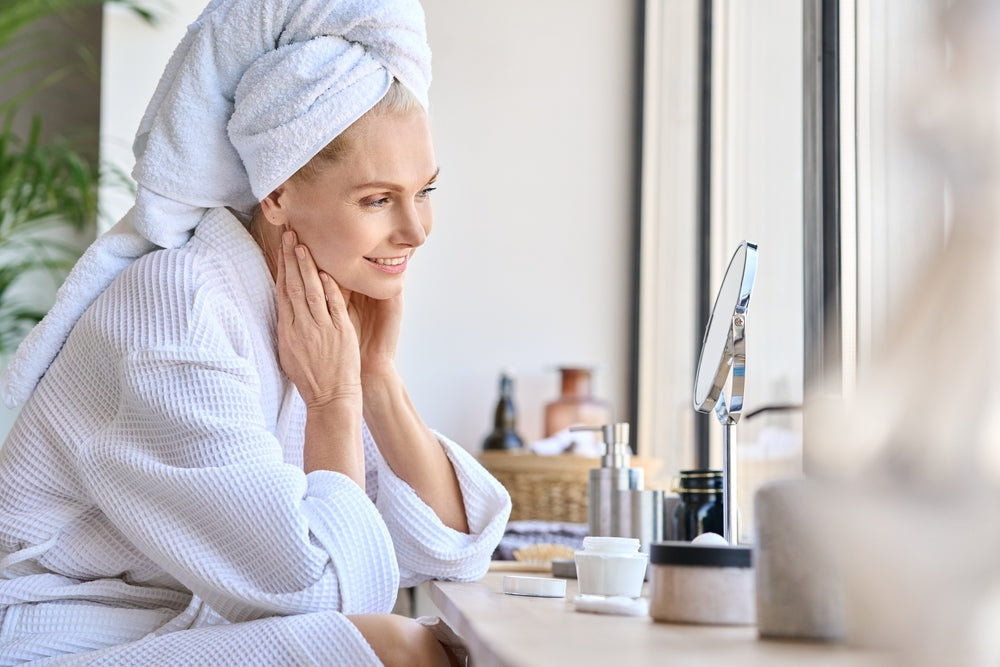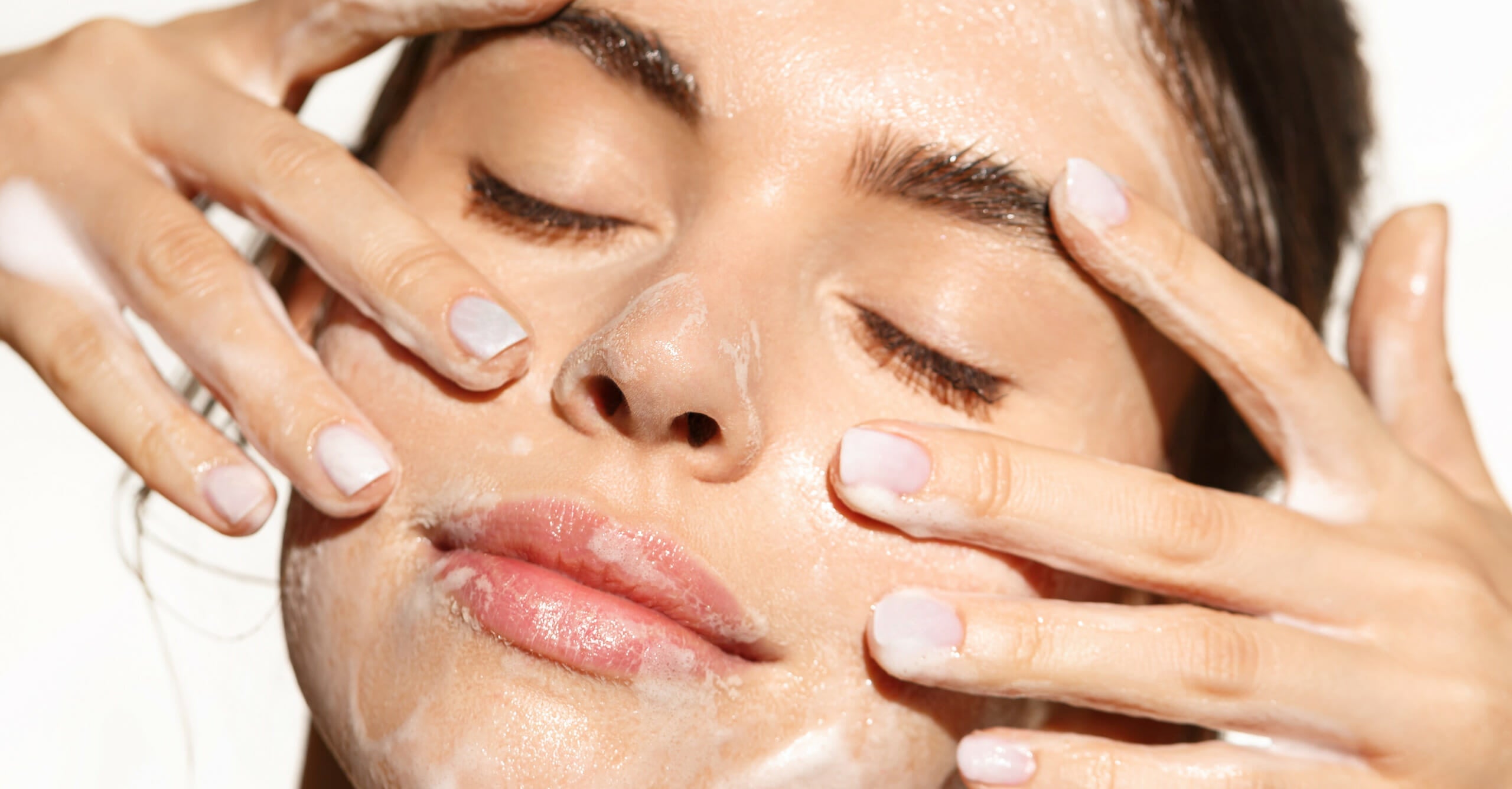Why Do I Have Body Acne on My Chest and How to Deal With It?
If you've been wondering why do I have body acne on my chest, you're not alone. Many individuals experience this skin condition that can be both frustrating and embarrassing. Body acne, especially on the chest, is a common concern that affects many people at various stages of life. Understanding the underlying causes can be helpful in managing and preventing future outbreaks.
As a beautician, it's crucial to be aware of the triggers and effective treatments for body acne. In this article, we will delve deep into the causes, remedies, and preventative strategies that you can share with your clients.

Understanding Body Acne
Body acne, just like facial acne, arises from clogged pores, excessive oil production, bacteria, and inflammation. The skin on your chest is especially prone to breakouts due to its unique characteristics and exposure to various environmental factors.
Common Causes of Body Acne
Here are some reasons why body acne on the chest can occur:
- Hormonal Changes: Fluctuations in hormones can lead to increased oil production, contributing to acne.
- Pores Clogging: Sweat, dead skin cells, and bacteria can easily clog the pores on your chest.
- Skin Care Products: Some lotions, oils, and creams can exacerbate acne if they are comedogenic.
- Clothing: Tight or non-breathable fabrics can trap sweat and oil, leading to breakouts.
- Diet: A diet high in sugar and dairy has been linked to acne flare-ups for some individuals.
How to Treat Body Acne on the Chest
Once you understand why you have body acne, the next step is treatment. Here are several effective ways to combat chest acne:
1. Proper Cleansing
Invest in a mild, non-comedogenic body wash that helps to reduce oil and unclog pores. Regular exfoliation helps remove dead skin cells and prevent clogged pores.
2. Use Salicylic Acid Products
Salicylic acid is known for its ability to penetrate deep into the pores and clear out excess oil and debris. This ingredient is commonly found in various body skin care products, making it essential for treating chest acne.
3. Maintain a Healthy Diet
Diet plays a significant role in skin health. Focus on consuming whole foods, avoiding sugar, and maintaining proper hydration to prevent acne.
4. Do Not Pick or Squeeze
Resist the urge to pick or squeeze acne. Doing so can lead to scarring and may worsen inflammation.
5. Consider Consultation
If over-the-counter products do not provide relief, consulting a dermatologist can offer advanced solutions tailored to your skin type.
Preventative Measures
Preventing chest acne is often easier than treating it. Here are some preventative measures to consider:
1. Wear Breathable Fabrics
Select loose-fitting and breathable fabrics to allow your skin to breathe and reduce sweat accumulation.
2. Shower After Exercise
Exercise is vital for overall health, but make sure to shower immediately after a workout to remove sweat and bacteria.
3. Avoid Heavy Skin Products
Opt for lightweight, non-comedogenic products on your chest area to minimize the risk of clogged pores.

When to Seek Professional Help
In cases where acne persists or worsens despite various treatments, it's advisable to seek professional help. Dermatologists can provide targeted therapies and potential prescription medications.
FAQs about Body Acne
1. Can body acne be a sign of a serious health issue?
Generally, body acne is not linked to severe medical conditions, but persistent acne should be evaluated by a professional to rule out underlying issues.
2. Does diet really affect body acne?
Yes, some studies indicate that a diet high in sugar and dairy may worsen acne for some individuals.
3. Are there specific triggers for body acne?
Yes, common triggers include hormonal changes, stress, sweating, and the use of certain skin products.
Understanding why do I have body acne on my chest is vital for both beauticians and clients alike. Effective treatment and preventative measures can significantly improve skin health and client satisfaction. For additional information on how to handle similar skin issues, consider looking into resources like body acne treatment.
By staying informed and proactive, you can help your clients feel comfortable and confident in their skin.

